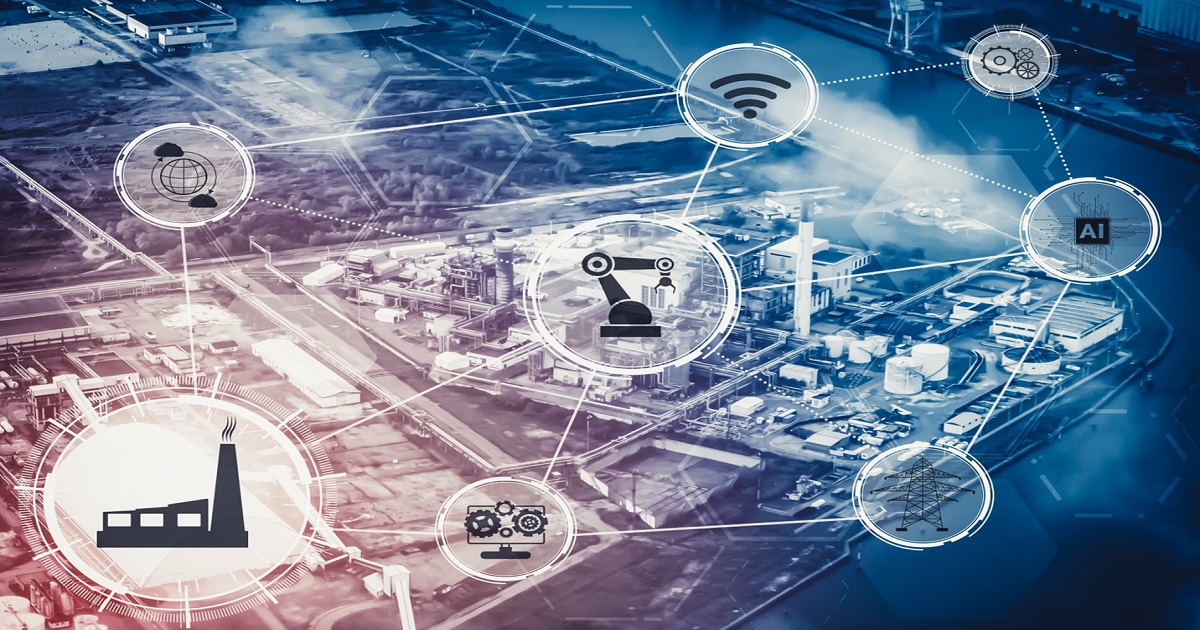Advances in Smart Manufacturing: Integrating AI, Digital Twins, and Edge Computing
A special issue of Applied Sciences (ISSN 2076-3417). This special issue belongs to the section "Computing and Artificial Intelligence".
Deadline for manuscript submissions: 20 March 2026 | Viewed by 2209

Special Issue Editors
Interests: smart factories; smart manufacturing; digital twins and digital agents; production logistics; AR; VR; 5G; distributed systems and edge computing; AI-based algorithms; concepts for decision and prediction
Interests: smart handling and assembly; pneumatics; hydraulics; piezo technology in manufacturing; smart factory concepts; modelling and simulation
Special Issue Information
Dear Colleagues,
Smart manufacturing lies at the heart of modern industrial transformation, where technologies such as artificial intelligence (AI), digital twins, and edge computing enable more dynamic, agile, flexible, and intelligent production processes. This Special Issue explores the latest advancements in these key technologies and their impact on the evolution of future smart factories, as well as principles of transforming the existing factories towards smart factories.
The central focus of the Special Issue is the integration of AI and digital twins to enhance the modelling, real-time simulation, and optimization of industrial systems and processes including production logistics. Applications of edge computing and 5G networks in distributed production networks, which enable decentralized and rapid data processing, and their role in ensuring high responsiveness and flexibility in manufacturing will also be addressed.
The Special Issue emphasizes interdisciplinary research on theoretical and practical challenges, including questions of security, scalability, and sustainable implementation. It also includes case studies showcasing the application of these technologies in real-world industrial environments and discussions on future research directions and innovations.
By encompassing a wide range of topics, this Special Issue aims to contribute to the development of intelligent, sustainable, and highly adaptable industrial ecosystems that will reshape modern manufacturing.
Prof. Dr. Niko Herakovič
Dr. Marko Šimic
Guest Editors
Manuscript Submission Information
Manuscripts should be submitted online at www.mdpi.com by registering and logging in to this website. Once you are registered, click here to go to the submission form. Manuscripts can be submitted until the deadline. All submissions that pass pre-check are peer-reviewed. Accepted papers will be published continuously in the journal (as soon as accepted) and will be listed together on the special issue website. Research articles, review articles as well as short communications are invited. For planned papers, a title and short abstract (about 250 words) can be sent to the Editorial Office for assessment.
Submitted manuscripts should not have been published previously, nor be under consideration for publication elsewhere (except conference proceedings papers). All manuscripts are thoroughly refereed through a single-blind peer-review process. A guide for authors and other relevant information for submission of manuscripts is available on the Instructions for Authors page. Applied Sciences is an international peer-reviewed open access semimonthly journal published by MDPI.
Please visit the Instructions for Authors page before submitting a manuscript. The Article Processing Charge (APC) for publication in this open access journal is 2400 CHF (Swiss Francs). Submitted papers should be well formatted and use good English. Authors may use MDPI's English editing service prior to publication or during author revisions.
Keywords
- smart manufacturing
- flexible and agile manufacturing
- production logistics
- artificial intelligence
- digital twins
- edge computing
- 5G networks
- real-time simulations and optimizations
- sustainable manufacturing
Benefits of Publishing in a Special Issue
- Ease of navigation: Grouping papers by topic helps scholars navigate broad scope journals more efficiently.
- Greater discoverability: Special Issues support the reach and impact of scientific research. Articles in Special Issues are more discoverable and cited more frequently.
- Expansion of research network: Special Issues facilitate connections among authors, fostering scientific collaborations.
- External promotion: Articles in Special Issues are often promoted through the journal's social media, increasing their visibility.
- Reprint: MDPI Books provides the opportunity to republish successful Special Issues in book format, both online and in print.
Further information on MDPI's Special Issue policies can be found here.






